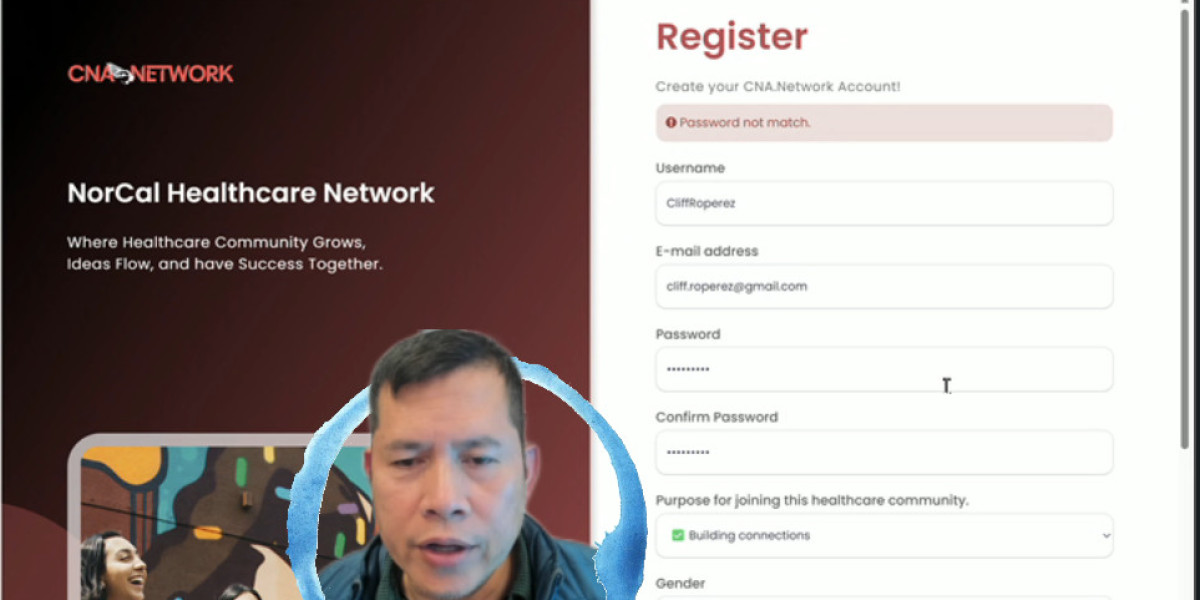Mental Health Assessments for Veterans: Understanding the Process and Importance
mental health assessments for veterans - More Bonuses - are vital, as they provide vital insights into the psychological well-being of people who have served in the militaries. The distinct experiences of military service can exceptionally impact mental health, resulting in conditions such as Post-Traumatic Stress Disorder (PTSD), depression, anxiety, and drug abuse. Consequently, mental health assessments tailored for veterans are essential in facilitating appropriate treatment and support.
The Importance of Mental Health Assessments for Veterans
Mental health assessments are designed to assess the psychological state of a private, recognize potential mental health issues, and determine the necessary interventions. For veterans, these assessments hold specific significance due to a number of essential factors:
Identification of Issues: Veterans may deal with various mental health difficulties stemming from their service. Assessments assist in identifying these problems early, making sure prompt treatment.
Personalized Treatment: Each veteran's journey is distinct. A tailored assessment notifies health specialists about the particular requirements and experiences of the individual, leading to more reliable treatment plans.
Integration into Support Services: Assessments are frequently the very first step towards incorporating veterans into support services, such as counseling, therapy, or support groups, which are vital for recovery.
Support for Compensation Claims: Accurate assessments provide the required documentation for service-related mental health problems, making it easier for veterans to get the benefits they are entitled to.
The Assessment Process
The mental health assessment process for veterans usually involves several phases. Understanding these parts is important for veterans and their families, as it can debunk the process and assist them get ready for the evaluation.
1. Initial Screening
The preliminary screening frequently begins with a questionnaire that veterans complete. This screening aims to identify any immediate concerns and determine the overall mental health status. Common screening instruments include the following:
- PTSD Checklist for DSM-5 (PCL-5)
- Patient Health Questionnaire (PHQ-9)
- Generalized Anxiety Disorder Scale (GAD-7)
2. Comprehensive Evaluation
If the preliminary screening indicates possible mental health concerns, a comprehensive evaluation follows. This evaluation includes a comprehensive assessment by a mental health expert, which might include:
Clinical Interview: Discussing individual history, military experience, and any present mental health issues.
Psychological Testing: Standardized tests may be administered to better understand cognitive function and emotional well-being.
Collaboration with Other Professionals: If needed, assessments may include input from other healthcare providers to produce a holistic understanding of the veteran's health.
3. Feedback and Treatment Planning
After the assessment, the mental health expert will provide feedback. This may consist of:
Diagnosis: If applicable, a diagnosis based on the findings will be shared with the veteran.
Treatment Recommendations: A personalized treatment plan will be recommended, which may involve private therapy, group therapy, medication, or a mix of these choices.
Resources and Referrals: Veterans will be given details about readily available resources and support services, tailored to their specific needs.
Key Considerations for Veterans Seeking Assessment
Veterans ought to be mindful of numerous factors when looking for mental health assessments:
Confidentiality: Assessments are confidential, ensuring veterans can discuss their issues without fear of effects.
Availability: Many companies, including the Department of Veterans Affairs (VA), provide available mental health assessments. Veterans can likewise look for assessments through community centers and different support organizations.
Follow-Up: Continuous mental health support is critical. Veterans are motivated to maintain regular follow-ups with mental health experts to monitor their development.
Table: Common Mental Health Disorders in Veterans
| Mental Health Disorder | Frequency | Common Symptoms |
|---|---|---|
| Trauma (PTSD) | 11-20% | Flashbacks, problems, hyper-vigilance, psychological numbing |
| Depression | 5-10% | Persistent sadness, loss of interest, tiredness, feelings of insignificance |
| Anxiety Disorders | 15-20% | Excessive concern, uneasyness, irritability, problem focusing |
| Substance Use Disorders | 20% or more | Craving substances, social or social problems connected to utilize, withdrawal signs |
Frequently Asked Questions (FAQs)
1. What should veterans anticipate throughout a mental health assessment?
Veterans can expect to engage in conversations about their experiences, sensations, and behaviors. There might be numerous questionnaires and potentially psychological testing involved.
2. How long does a mental health assessment take?
The period can vary extensively based upon the person's needs. Initial screenings might take about 30 minutes, while comprehensive evaluations may last an hour or more.
3. Are mental health assessments offered to all veterans?
Yes, mental health assessments are offered to all veterans, whether they are receiving take advantage of the VA or not. Community-based programs and non-profit companies frequently offer additional resources.
4. What occurs after the assessment?
After the assessment, mental health specialists will supply feedback and summary treatment alternatives tailored to the person's requirements, which might consist of therapy, medication, or referrals to support services.
Mental health assessments are an essential element of the healthcare services readily available to veterans. The distinct experiences and difficulties dealt with by those who have served demand an extensive understanding of their mental health requirements. By taking part in these assessments, veterans can better comprehend their psychological well-being and gain access to the necessary resources and support for recovery. This proactive method not just cultivates private recovery however likewise reinforces the broader neighborhood of veterans dedicated to improving their mental health.








